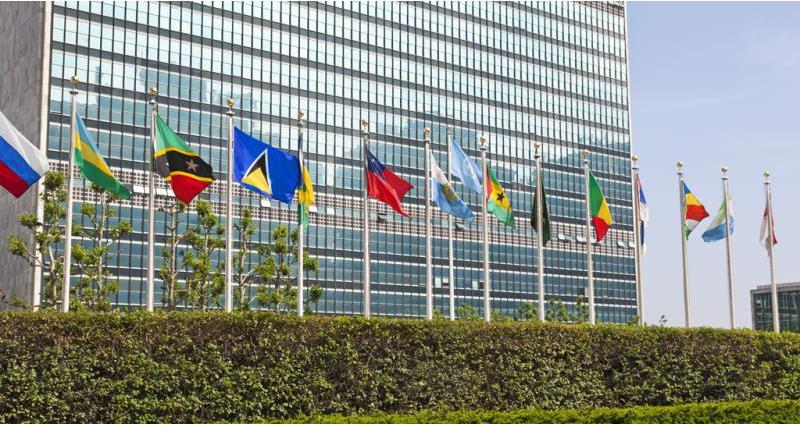Update 17 June 2022: Today, the MC12 achieved a positive result that didn’t seem possible just a few days ago.
Following my update on the progress of the negotiations, the WTO (World Trade Organisation) delegations adopted, what is now called, the ‘Geneva package’, which is a suite of agreements on issues that expand from agriculture to fisheries and Intellectual Property Rights.
What is interesting from the NFU’s point of view is the agreement on the text on
Unfortunately, a consensus on the work programme for the agriculture negotiations could not be reached. Still, the WTO members will continue the work as foreseen by article 20 of the Agreement on Agriculture.
The delegates, energised by the positive outcome, don’t seem to want to lose momentum, and there are talks about the next MC13 happening before the end of 2023.
We will follow the progress of the work of the WTO and make a case for British agriculture in the multilateral space.
14 June 2022: The World Trade Organisation’s Ministerial Conference (MC12) is the highest decision-making body of the WTO. It brings together 164 members to take decisions on things like fisheries subsidies, intellectual property obligations regarding Covid-19 vaccines and agriculture.
It is also the first Ministerial Conference the UK attends in its own right and not as a member of the EU.
Ambassadors and civil servants of the WTO members have been in long and difficult negotiations to present the best compromise texts to ministers who will be tasked to approve or not the final texts this week.
There is a strong willingness to make a success of the negotiations to restore faith in the functioning of the compromised multilateral trading system (ie, the reform of the WTO Appellate Body).
With regards to agriculture, there are three texts on the table.
Exempt food for humanitarian purposes
The first one is a draft ministerial decision exempting from export restrictions food purchased under the UN’s World Food Programme (WFP) for humanitarian purposes.
The controversy revolves around a paragraph that creates a loophole by saying that if a country’s food security is harmed, they can impose any measures to ensure domestic food security.
The UK and other delegations would prefer more ambitious language, but this issue is considered one of the ‘low-hanging fruit’, so a compromise solution is possible.
Importance of open, predictable trade
The second text is the declaration on food security, stemming from the UK’s initiative at the WTO bringing together more than 50 delegations on the importance of open and predictable trade in agricultural and food products.
7 pillars of the negotiations on agriculture
Finally, the third text is the work programme on the 7 pillars of the negotiations on agriculture (i.e. domestic support, market access, export competition, export restrictions, cotton, special safeguard mechanism, public stockholding for food security purposes). This is possibly the most difficult one out of the three, with public stockholding risking jeopardising the overall outcome.
NFU plays a crucial role
The NFU has been following the WTO negotiations closely and played a crucial role in drafting the World Farmers’ Organisation statement in support of the key aims of the WTO MC12 for agriculture. This is our chance to have our voice heard, and influence discussions at the multilateral level and this statement shows that farmers across the world are united on vital issues like food security and openness and transparency of trade in agriculture.
